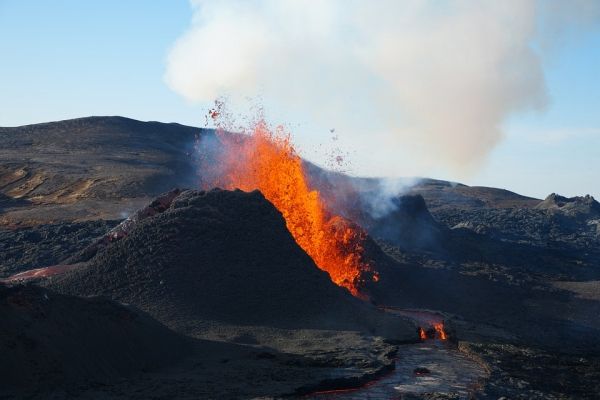Scientists have uncovered a fascinating new insight into what caused one of the most rapid and dramatic instances of climate change in the history of the Earth.
A team of researchers, led by Dr Sev Kender from the University of Exeter, have made a pivotal breakthrough in the cause behind the Paleocene-Eocene Thermal Maximum (PETM) – an extreme global warming event that lasted for around 150 thousand years which saw significant temperature rises.
Although previous studies have suggested volcanic activity contributed to the vast CO2 emissions that drove the rapid climate change, the trigger for event is less clear.
In the new study, the researchers have identified elevated levels of mercury just before and at the outset of the PETM – which could be caused by expansive volcanic activity – in samples taken from sedimentary cores in the North Sea.
Read more at University of Exeter
Photo Credit: AllegroSympatico via Pixabay


